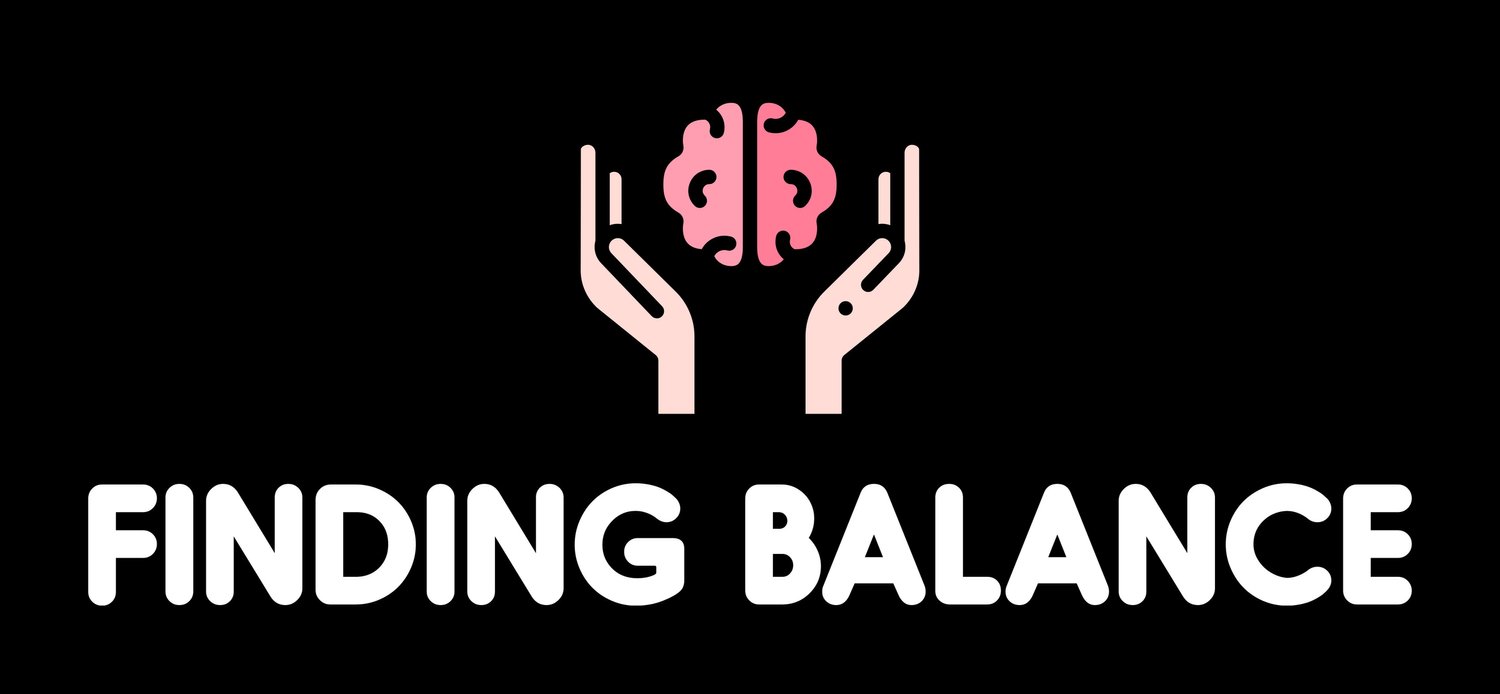Understanding Anxiety: Causes, Symptoms, and Coping Strategies
Introduction
Anxiety is a universal human experience that everyone encounters at some point in their lives. It's a natural response to stress and can serve as a valuable warning signal, helping us navigate challenging situations. However, when anxiety becomes chronic or overwhelming, it can have a significant impact on our mental and physical well-being. In this blog post, we'll delve into the world of anxiety, exploring its causes, symptoms, and effective coping strategies.
Understanding Anxiety
What Is Anxiety?
Anxiety is a complex emotional state characterized by feelings of unease, worry, fear, or apprehension. It often arises in response to a perceived threat, whether real or imagined, and can manifest both mentally and physically. Anxiety can range from mild to severe and can be triggered by various factors, including life events, genetics, brain chemistry, and personality.
Common Types of Anxiety Disorders
Anxiety disorders are a category of mental health conditions characterized by excessive and persistent anxiety. Some of the most common anxiety disorders include:
Generalized Anxiety Disorder (GAD): Individuals with GAD experience excessive worry and fear about everyday situations, often without a specific trigger.
Social Anxiety Disorder: This condition involves an intense fear of social situations and interactions, leading to avoidance behavior.
Panic Disorder: People with panic disorder experience sudden and recurring panic attacks, which are intense episodes of fear and physical discomfort.
Specific Phobias: These involve an irrational fear of a particular object, situation, or activity.
Obsessive-Compulsive Disorder (OCD): OCD is characterized by intrusive, repetitive thoughts (obsessions) and compulsive behaviors performed to alleviate anxiety.
Symptoms of Anxiety
Anxiety can manifest through a wide range of symptoms, both psychological and physical. Common symptoms include:
Excessive worry or fear
Restlessness or feeling on edge
Rapid heartbeat
Sweating
Trembling or shaking
Shortness of breath
Muscle tension
Trouble concentrating
Irritability
Sleep disturbances
Coping Strategies for Anxiety
Self-Care and Lifestyle Changes:
Maintain a balanced diet: Eating nutritious foods and avoiding excessive caffeine or alcohol can help stabilize your mood.
Regular exercise: Physical activity releases endorphins, which can help alleviate anxiety and improve overall well-being.
Sleep: Prioritize good sleep hygiene to ensure you get enough rest, as sleep plays a crucial role in managing anxiety.
Stress management techniques: Practicing mindfulness, meditation, and relaxation exercises can help reduce anxiety levels.
Cognitive-Behavioral Therapy (CBT):
CBT is a widely used therapeutic approach for treating anxiety disorders. It helps individuals identify and challenge negative thought patterns and develop healthier coping strategies.
Medication:
In some cases, medication prescribed by a healthcare professional may be necessary to manage anxiety symptoms. These medications can include antidepressants, anti-anxiety drugs, or beta-blockers.
Support Network:
Building a strong support network of friends and family can provide emotional assistance during anxious moments. Consider joining support groups or seeking therapy to connect with others who understand your struggles.
Professional Help:
If anxiety significantly impacts your daily life or becomes overwhelming, seeking help from a mental health professional is essential. They can provide a tailored treatment plan and support your journey to recovery.
Conclusion
Anxiety is a common and manageable condition that affects millions of people worldwide. By understanding its causes, recognizing its symptoms, and implementing effective coping strategies, individuals can regain control over their lives and experience a greater sense of well-being. Remember, seeking help when needed is a sign of strength, not weakness, and there are countless resources available to support those dealing with anxiety.

